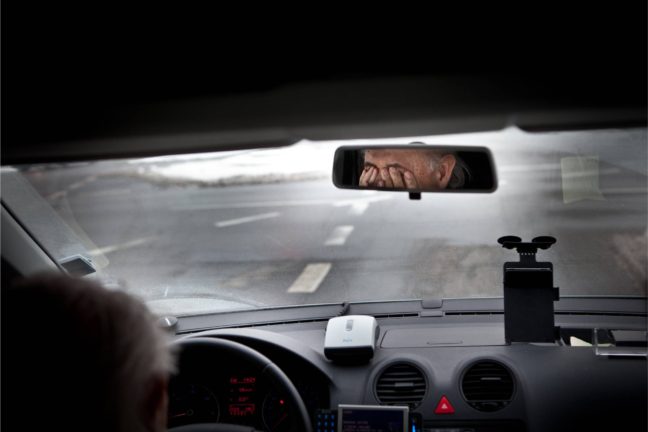The expungement process and driving-under-the-influence (DUI) laws vary from state to state. In Virginia, a DUI is classified as a Class 1 misdemeanor. The arrest and any conviction become part of a person’s permanent criminal record–with no possibility for expungement. A DUI also stays on a person’s driving record for eleven years.
It’s important to contact a drunk driving attorney in Virginia Beach immediately after being arrested because a DUI conviction can significantly alter your life. It can affect future opportunities in education, employment, housing, and security clearance.
Keep in mind that even a drunk driving arrest can appear on a background check even if you weren’t convicted. A DUI arrest is a public record and might be visible on background checks unless you take steps to have it deleted.

Narrow Exceptions to Get an Expungement
In Virginia, you are eligible for a DUI expungement only under the following circumstances:
- The Commonwealth of Virginia did not pursue charges against you.
- A judge dismissed the charges against you.
- You were acquitted of the charges.
Once an expungement is granted, your arrest record can only be obtained with a court order.
If you are convicted of drunk driving in Virginia, expungement is not an option. The punishment for a DUI conviction could involve fines, jail time, and/or suspension of your driver’s license. Even after completing a sentence, a DUI conviction creates a criminal record, leaving a mark on your driving history and influencing your insurance rates for an extended period.
How a DUI Impacts Your Insurance
You need car insurance to drive in Virginia. However, after a DUI conviction, drivers must obtain special coverage before they can start driving again. The Virginia Department of Motor Vehicles (DMV) requires a Financial Responsibility Certificate (FR-44) from the insurance company confirming that the driver with a DUI is carrying twice the minimum liability coverage for bodily injury, property damage, uninsured motorist bodily injury, and uninsured motorist property damage.
Because of the increased exposure, insurance companies may not renew coverage for individuals with a recent DUI. Even if they do, FR-44 coverage will probably require paying much higher premiums.
What Happens If You Qualify for Expungement
Expungements don’t happen automatically. If you meet one of the three requirements, you need to initiate the process by filing an expungement petition along with a certified copy of the case disposition with the Circuit Court where your case was decided.
After filing the petition, these documents will be served on the Commonwealth’s Attorney who is not obligated to but may respond within twenty-one days. During this time, it’s a good idea to get fingerprinted by a Virginia law enforcement agency or another authorized fingerprinting entity. You will need to provide two copies of your expungement petition and the fingerprints to the Central Criminal Records Exchange of the Virginia State Police, which will send the information to the Circuit Court.
The Circuit Court will schedule a hearing. If the expungement is approved, the Court will send the necessary information to the Virginia State Police and your DUI will be removed from all records held by the Virginia Criminal Information Network, National Crime Information Center, and other agencies.
After this happens, these records will not appear in background checks and you are not obligated to disclose the DUI arrest or charges.
Contact a Lawyer Today
The most effective way to avoid a DUI conviction from appearing on your record is to avoid a criminal conviction altogether. Talk with an experienced DUI lawyer from Coastal Virginia Law to determine if you’re eligible for an expungement. We will explore the details of your case and give you a realistic assessment of the chances of an expungement petition being successful. If you’ve been arrested before, we can explain how to avoid jail time for a third DUI and if your license is suspended immediately after a DUI.
DUI expungements are difficult to get in Virginia–but not impossible, under the right circumstances.



